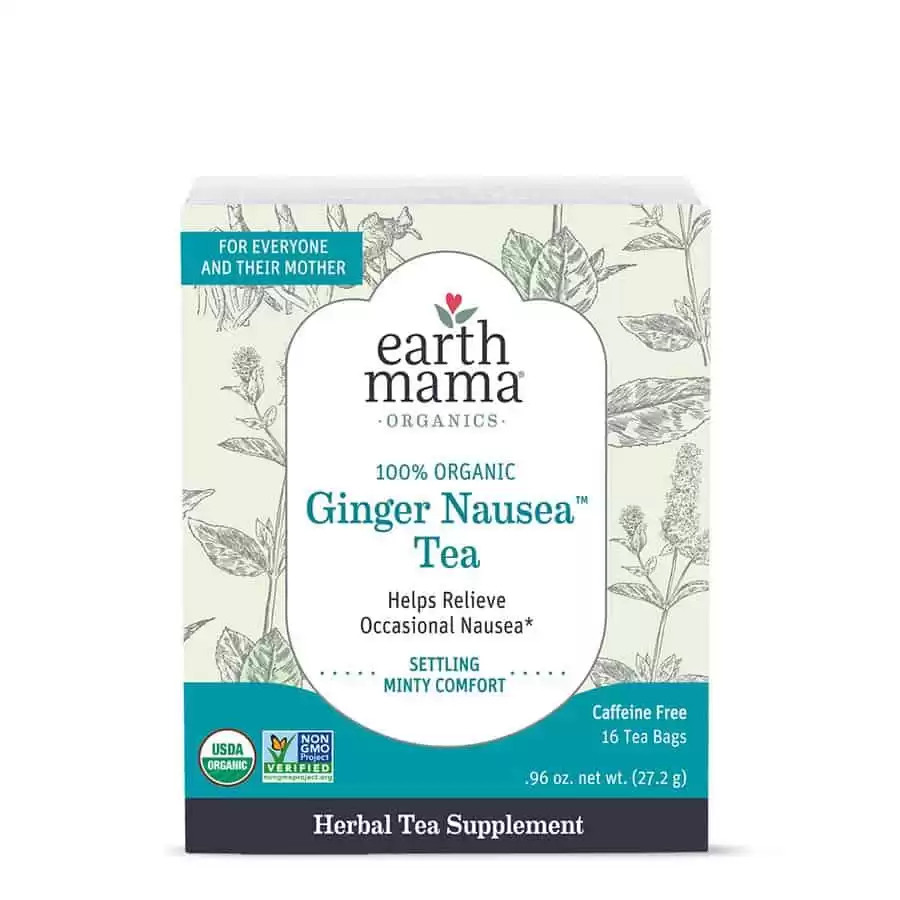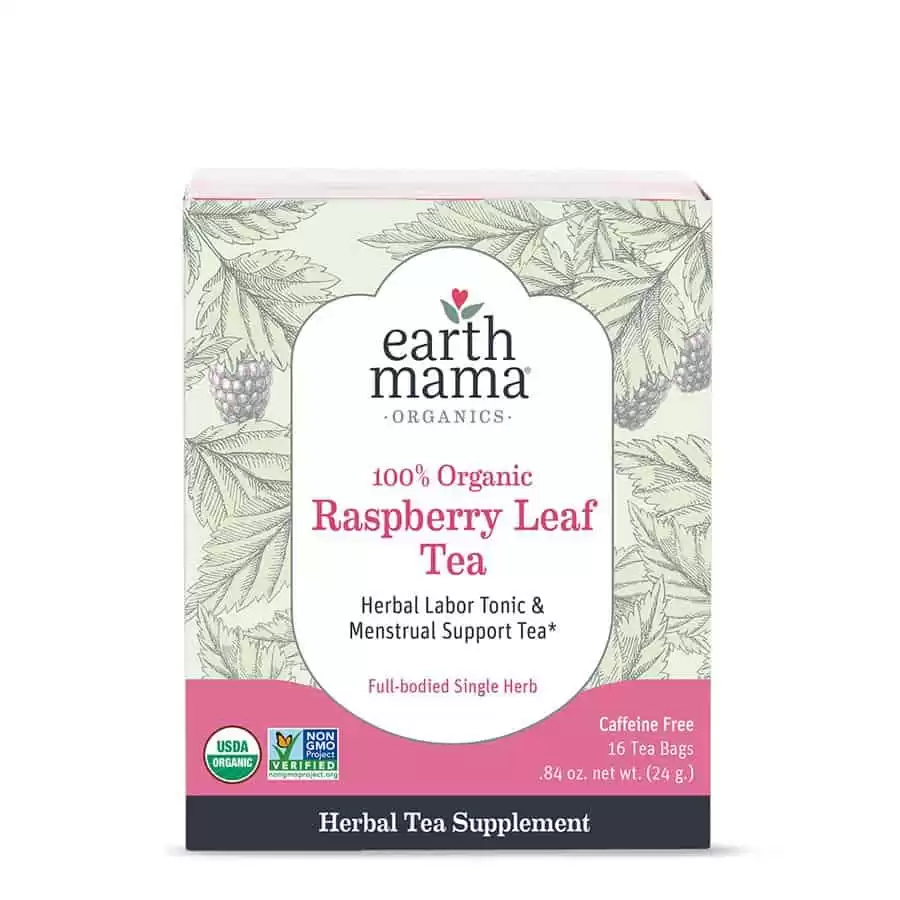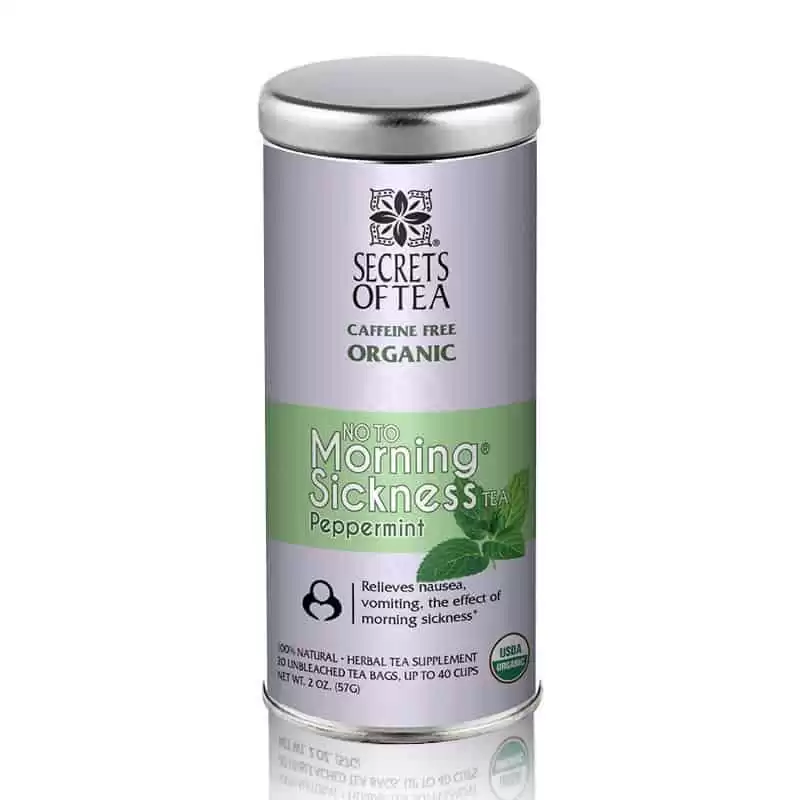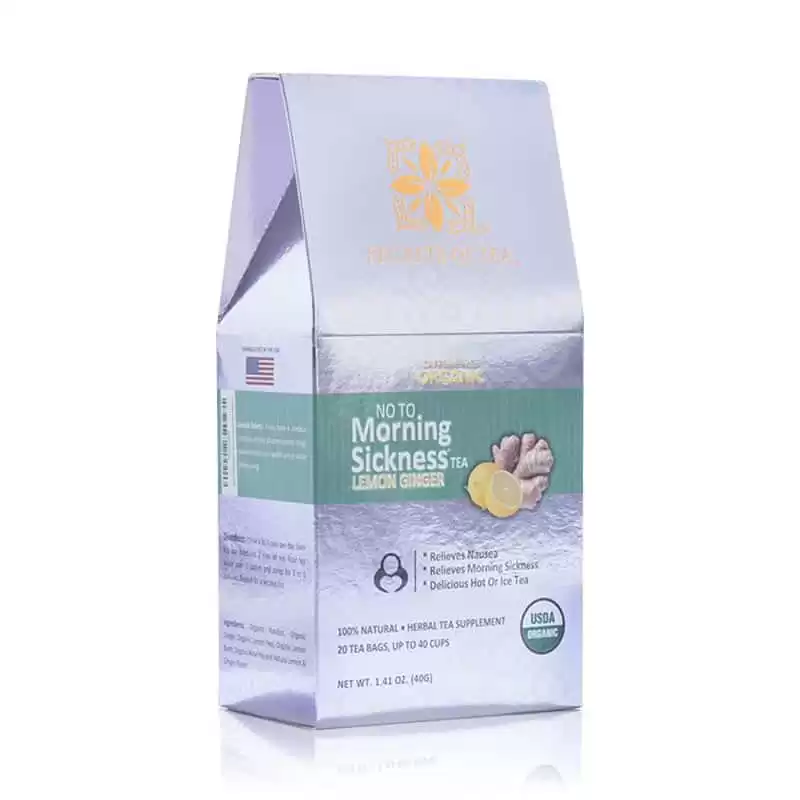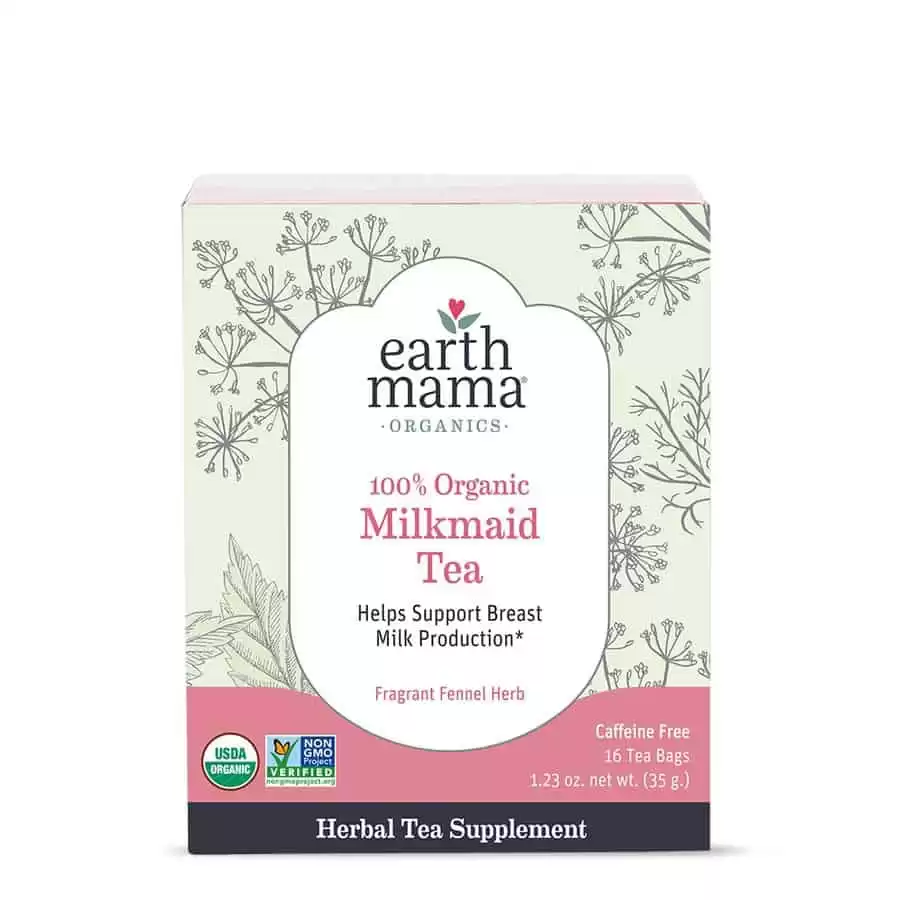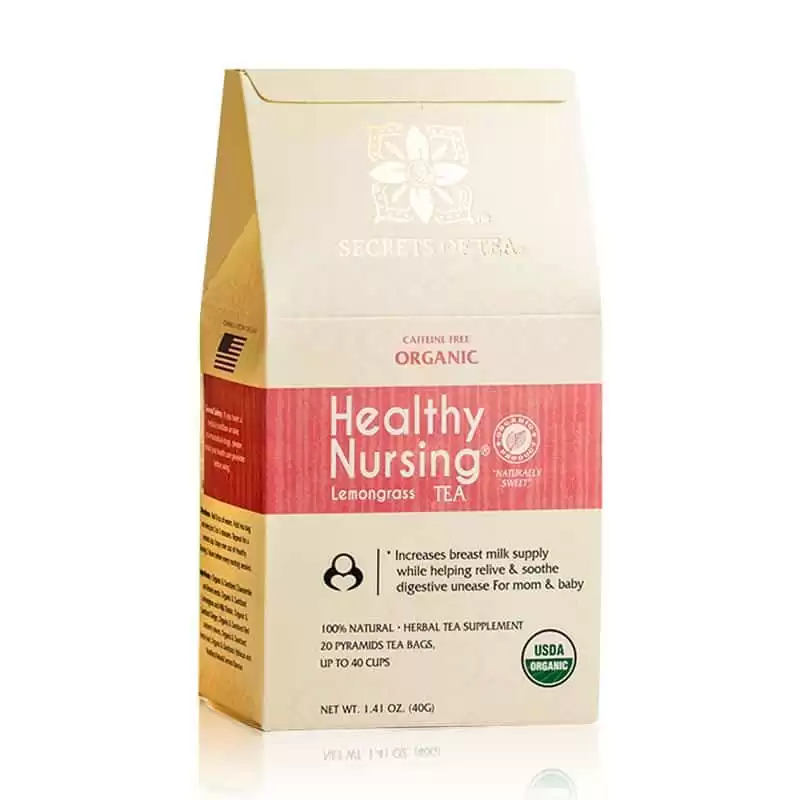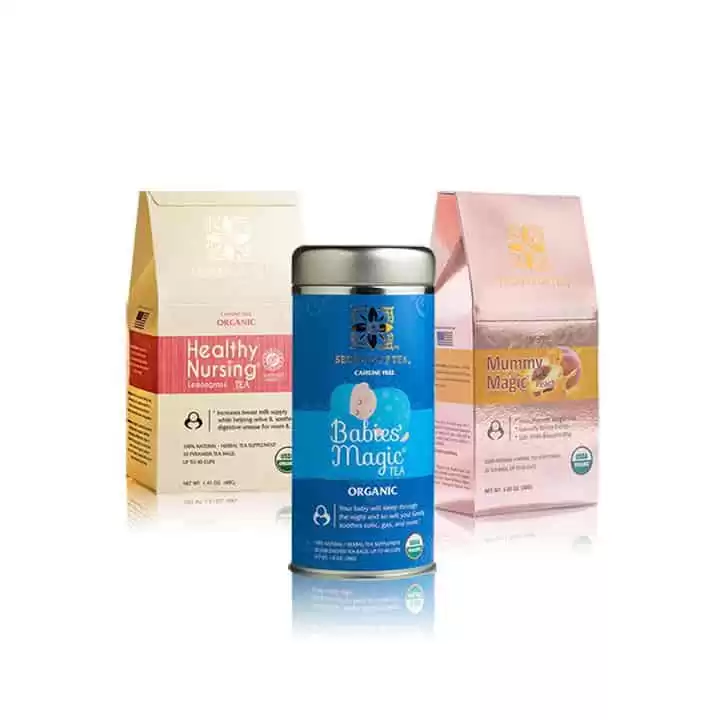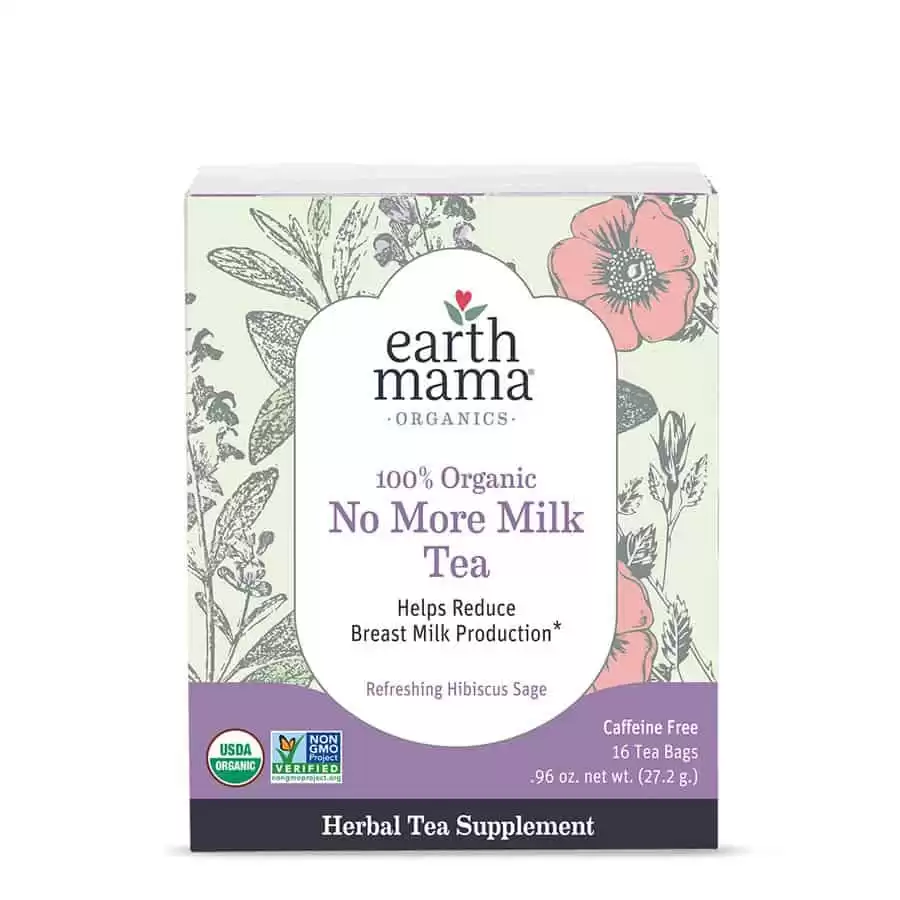Women are amazing. Women incubate and birth life to another human being. During those 40 plus weeks of pregnancy, the body gets a little haywire. Hormones rage. Body and life changes. Is there tea for pregnancy nausea? Does mothers’ milk tea work? Is

It’s like being on the verge of the flu every single morning (or day)
I’m not about to start this article with information about pregnancy. That’s a totally different article. This article will help you as you plan your pregnancy, become pregnant, and nursing your baby.
I remember nausea and vomiting during my pregnancies. I had three. I gave birth to three incredible humans. I am extremely proud of them all. Each is unique and diverse. Each pregnancy was as unique as they are.
I tell new moms to try it all, try all the wives’ tales, the hints, and suggestions. Try them all because eventually one of them will work. One of them will stop nausea, restlessness, mental ups, and downs, and possibly one of them will be tea. Tea for pregnancies has been used for centuries. It’s a natural healthy drink full of amazing benefits.
Teas to help pregnancy nausea
The most recommended tea for pregnancy nausea is (drum roll)
Ginger tea. Ginger tea helps with nausea. Also helps with slight cramping you may experience during your pregnancy.
Ginger Tea – Ginger tea is a fantastic source for the calming of the stomach. If you are lucky enough to only suffer heartburn and nausea during your first trimester. Bless your heart. Some of us suffer all nine months. Ginger is a lifesaver. Drinking a warm tea soothes the soul, the ginger soothes the rest.
Raspberry leaf – taken during the second and third trimester of pregnancy. But been used during the first trimester to calm nausea and vomiting. Raspberry leaf tea has been used for centuries in the United States. Raspberry teas are promoted in many books. Books that show how to help prevent miscarriages and ease morning sickness.
Peppermint – The benefits of peppermint tea in pregnancy is memorable. The scent of peppermint tea can calm an upset stomach and open nasal passages. Peppermint tea for pregnancy nausea has a calming effect. When you sip peppermint tea it helps relieve nausea and flatulence. Bonus points for peppermint tea.
Lemon Balm – I’d say steep lemon balm with your ginger and have a powerhouse of an anti-nausea for pregnancy tea. Lemon balm is a safe herb to steep for pregnancy nausea. It is caffeine-free and like the above herbs calms the stomach and soothes nausea and vomiting.
Most teas and herbs are safe. During pregnancy, not all teas and herbs are recommended for use. The above four herbs have the stamp of approval. These teas can be consumed during the first trimester (and beyond) to help ease pregnancy nausea and vomiting.
Suggestions of tea for pregnancy, nausea, and vomiting.
All things in moderation. Tea should be drunk in moderation during your pregnancy. Tea contains healthy antioxidants that help build up your immune system. Tea also contains polyphenols that help to protect your heart. Each individual herb contains its own set of healthy helpful benefits.
A cup of tea in the morning to help you get out of bed and another cup at night to help you rest. The cups of tea in the middle help with pregnancy nausea and you are set to go.
Tea has also been helpful to women in labor. I personally do not know anyone drinking tea while in labor, but if you do, please let me know, I’d be interested in talking to them about that.
It’s easy to find individual herbs to brew but what about combinations of herbal teas just for moms to be? I’ve got a few suggestions. Life moves by fast. I’ll include my top few suggestions and if you want more information just click on the links.

Mothers milk tea
Mothers milk tea is a tea that is drunk to help lactation in nursing mothers. Mothers milk tea is an herbal tea created with the main ingredient of fenugreek. From there other ingredients are added which can include:
Fennel – has a licorice flavor. Treats a variety of digestive issues. Helps to increase milk production in breastfeeding mothers.
Anise – Similar to fennel seeds in phytoestrogen. Having similar estrogen effects.
Coriander – taken in small amounts this herb has been said to be galactagogue. There is little supporting information to this fact. Yet it is considered safe.
Blessed thistle – Well known for treating plaque. Also goes by Holy thistle. Said to stimulate the hormones prolactin and oxytocin. Prolactin increases milk production and oxytocin allows the nipple to release the milk.
Ginger – A traditional herb that eases motion sickness and digestive issues. Is known in parts of the world to help increase a mothers milk supply
Nettle leaf – Rich in vitamin and mineral content. Nettle leaf is known to have properties that increase a mother’s milk production.
Alfalfa – Alfalfa has a pleasant nutty flavor and many health benefits. One of them is having a mild effect on increasing milk supply with nursing mothers.
These herbs have been historically used as milk-making aids or galactagogues. The Drugs and Lactation Database gives credit to fennel in a December 2018 revision.
Another study in 2012 states that Iranian medicine touts anise to help with mothers milk.
There is not a large number of studies done on the subject of mothers milk tea. Many women through the ages have relied on mothers milk tea as a way to help their milk come in or come in stronger.
You can drink mothers milk tea hot or cold. You can also mix it in your juice. Some say mothers’ milk is bitter. I’d check those ingredients and look for anise to be in the top section of the list. Anise will add a sweetness to cover the bitterness of the other herbs.
Is mothers’ milk tea safe?
Watch your ingredients. That is my first suggestion. Most mothers’ milk teas are herbs with no additives. If you see a long list of things you cannot pronounce easily, pass it over. There are plenty of good products out there that are organic, non-GMO, and healthy.
You can find it remade in a loose-leaf herbal mix.
There are no dosing suggestions for the tea. Suggestions are slowly sipping one cup a day and increase as you go until you get the desired results. Always use caution in trying new products, even teas.
Watch for babies’ reactions as well. While the mothers’ milk teas I share with you are natural and healthy, there can still be reactions.
Any food, drink, or medicine you partake of can affect the baby through your breast milk.
Mothers milk side effects
As we know herbs are natural and healthy. But allergies and reactions can happen. Listed below are there common side effects associated with mothers’ milk tea.
Fenugreek – as it contains estrogen-like compounds and may interfere with women who have estrogen-dependent cancers. Other side effects can include diarrhea, and a maple scent in body odor, and breast milk.
Does Mother’s milk tea work?
Reviews I have seen and my friends that have shared with me about mothers’ milk teas are that it does work. It worked for me many moons ago when there were no pre-packaged mothers’ milk teas. It works today.
Follow the directions and give the herbs a few days to work. You will feel and notice a difference.
As I say in all my reviews of products. Everyone is different and unique and not all teas or herbs will work the same for everyone. From what I can see on reviews and personal experiences are that mothers’ milk tea works.

What teas to avoid during pregnancy
Teas and herbs are natural and healthy but not all are beneficial for our bodies during all phases of life. Although there is not a large amount of scientific study done on the following herbs.
Chamomile tea – While not proven to induce labor. Doctors will suggest not to drink chamomile tea as it’s been known to induce labor.
Licorice tea – Licorice tea is astringent and can lead to a miscarriage or birth deformities.
Black and blue cohosh – both can lead to premature births and defects.
Dong Quai – can cause contractions and lead to miscarriages and birth defects.
Conclusion
It’s comforting to know as a first-time mother or the mother of many that there is help out there. There are healthy and natural ways to help you make the most out of your nine months of pregnancy.
From the first trimester of pregnancy nausea and vomiting. To allow your milk to flow naturally, by using herbal stimulants like mothers’ milk tea.
You’re in good hands and so is your baby. Congratulations! You are bringing life into the world in a healthy, thoughtful, and caring way.
And when you are ready to be finished….. Here’s a tea to help stop the flow in an easy, comfortable way.

